The World Health Organization (WHO) and the European Commission joined forces to tackle the issue at the first global vaccination summit. Although many of them live in developing countries with poor access to vaccines, scientists are worried that anti-vaccination campaigners in the developed world are spreading misinformation on social media. So what’s the cure for their scepticism?
Related content

The IRIS Academic Research Group was founded by some of the world’s leading researchers and academic institutions and launched in June 2021 at the inaugural Global Vaccine Confidence Summit as part of the UK government’s G7 Presidency.
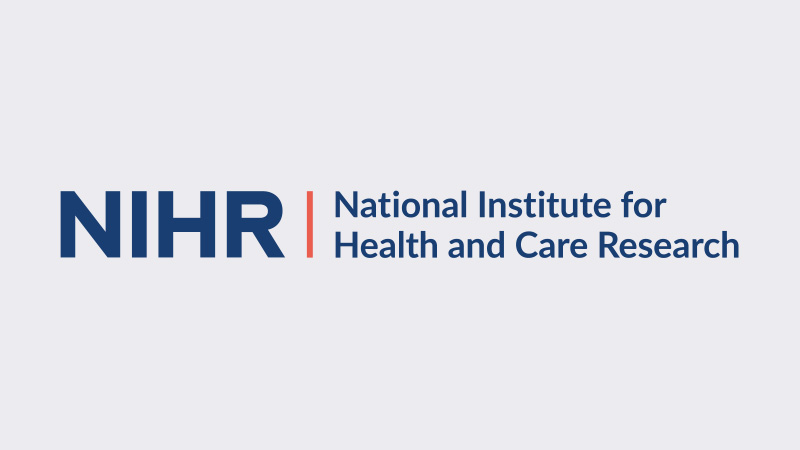
Our research aims to reverse the decline in immunisation coverage in children, increase vaccine uptake in adults and reduce inequalities in the vaccine service.
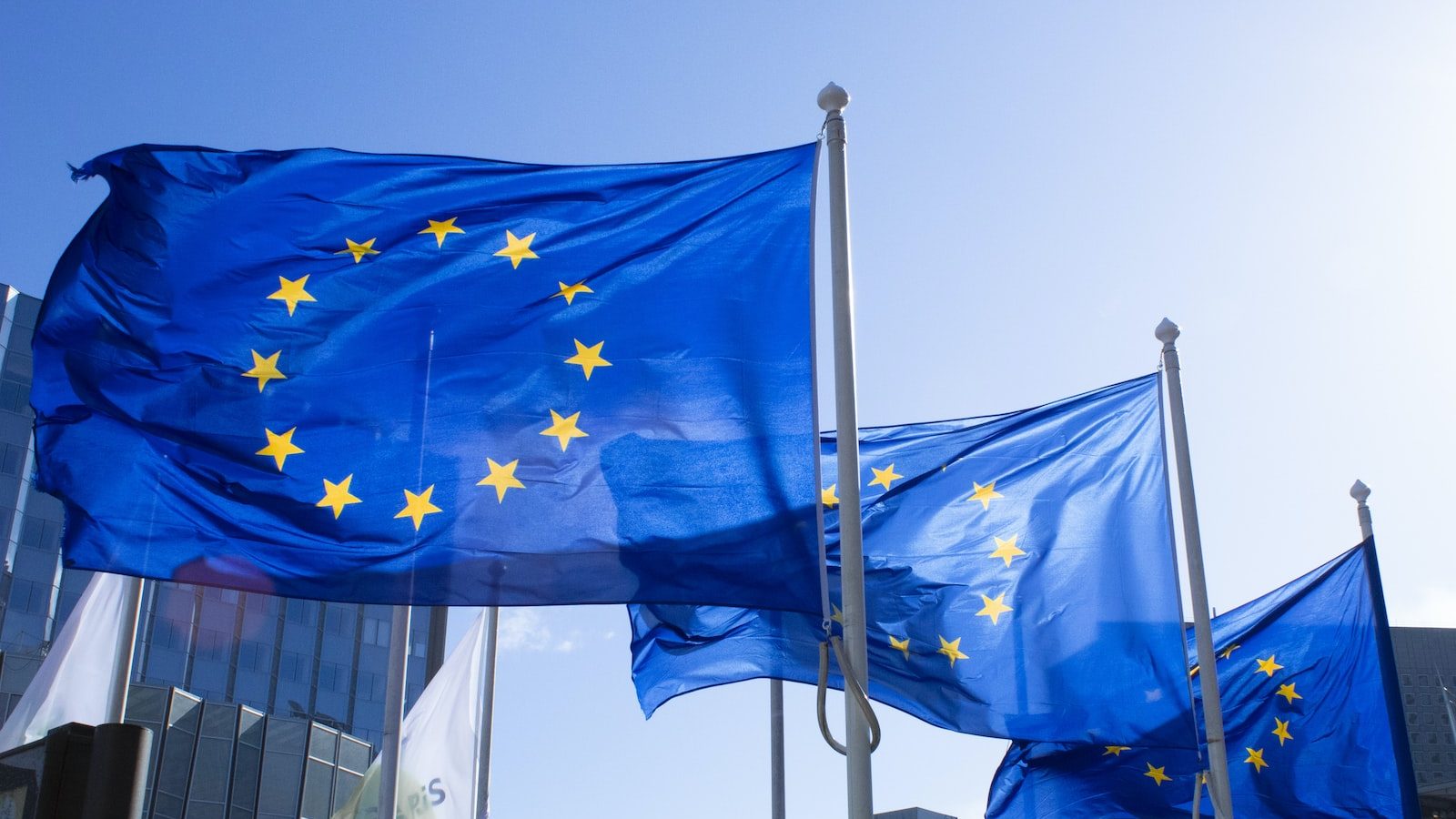
In 2018, the European Commission engaged the Vaccine Confidence Project to create the first “State of Vaccine Confidence in the EU” report. Since then, the VCP has conducted bi-annual research to map and monitor public attitudes to vaccines across the region and examine trends over time.
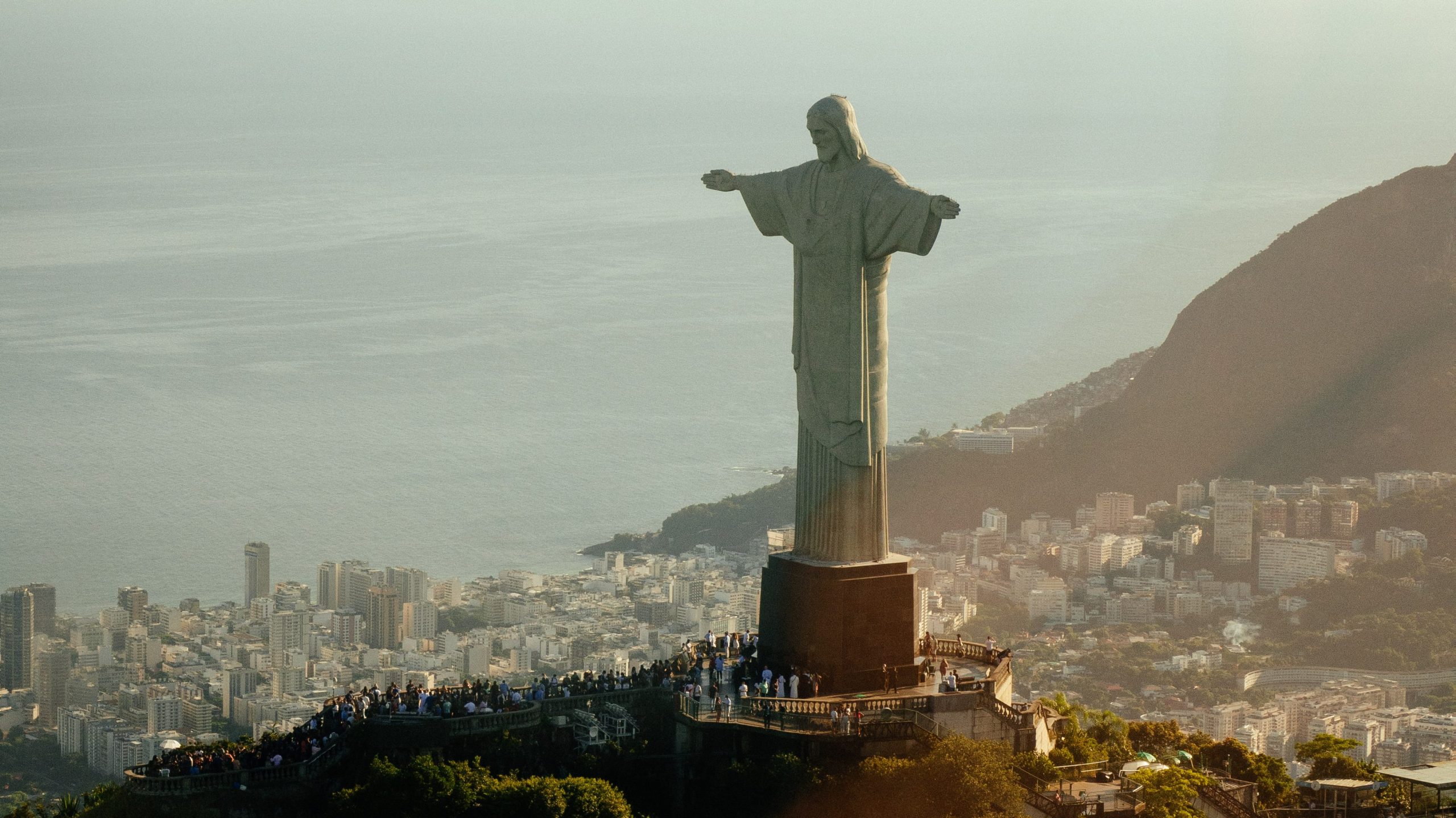
Project AViD took a critical anthropological approach to exploring what actions can be taken to optimise vaccine acceptance during a disease outbreak.
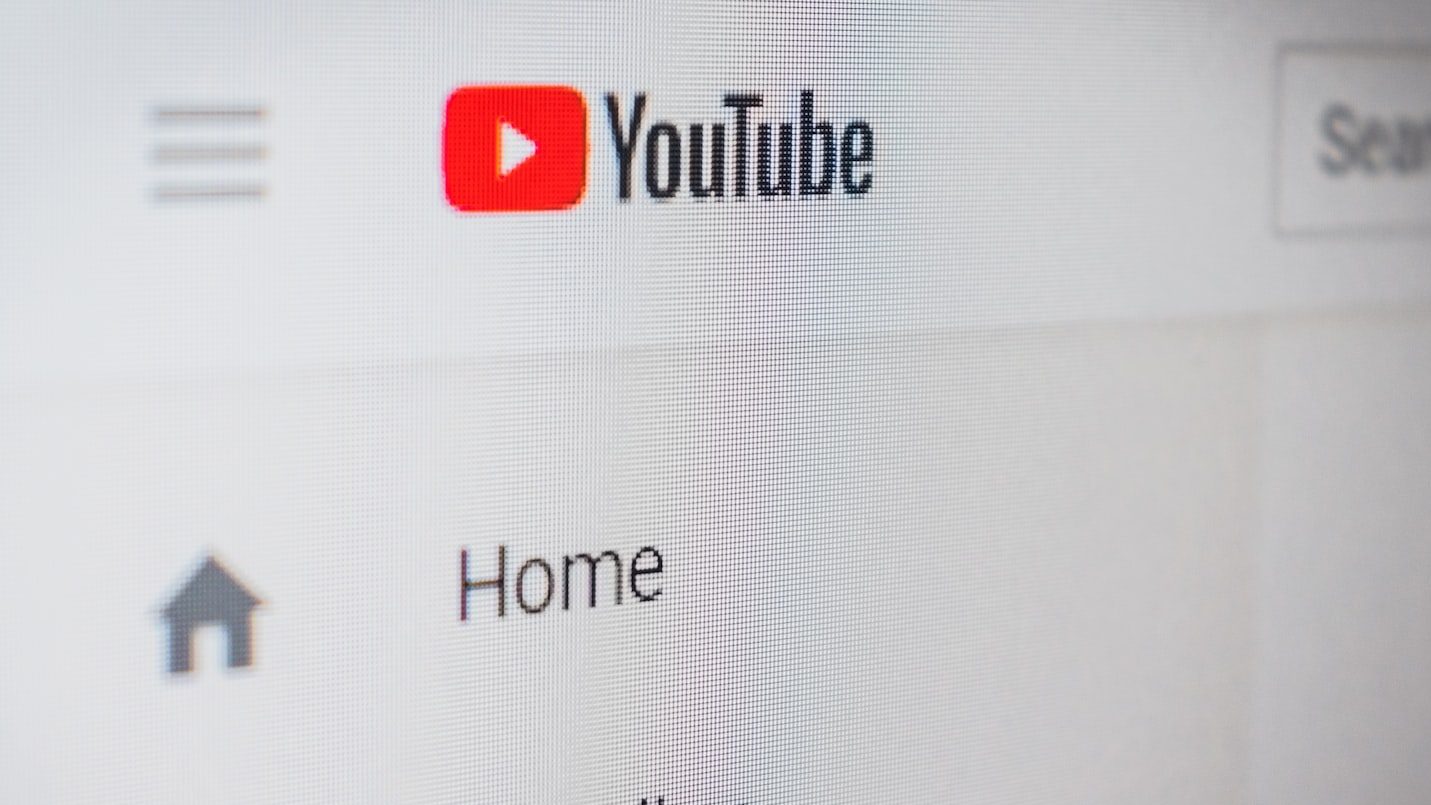
Overview Throughout the COVID-19 pandemic, the Vaccine Confidence Project teamed up with YouTube and other health partners to reach people with credible information…
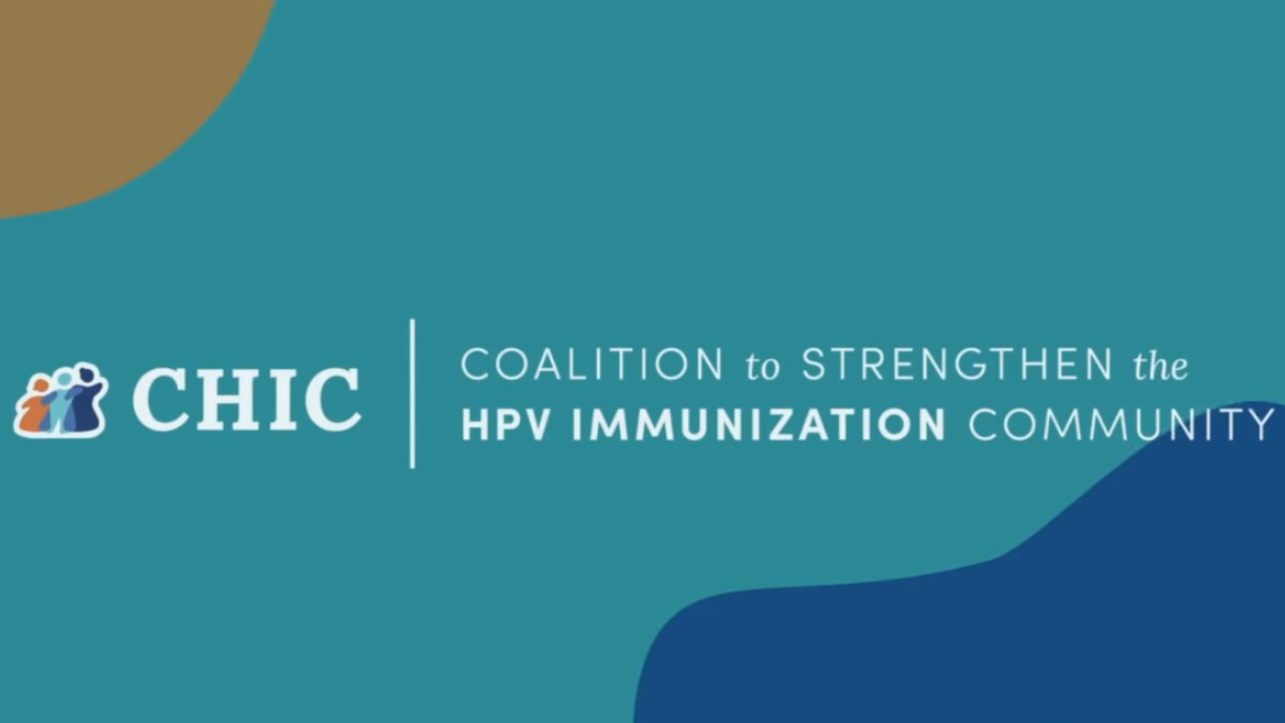
Overview The global community of practice around HPV vaccination is not formalised to cut across multiple disciplines, and thought leaders from low-…